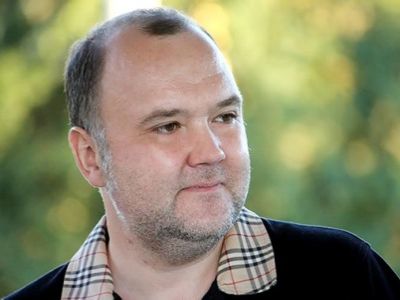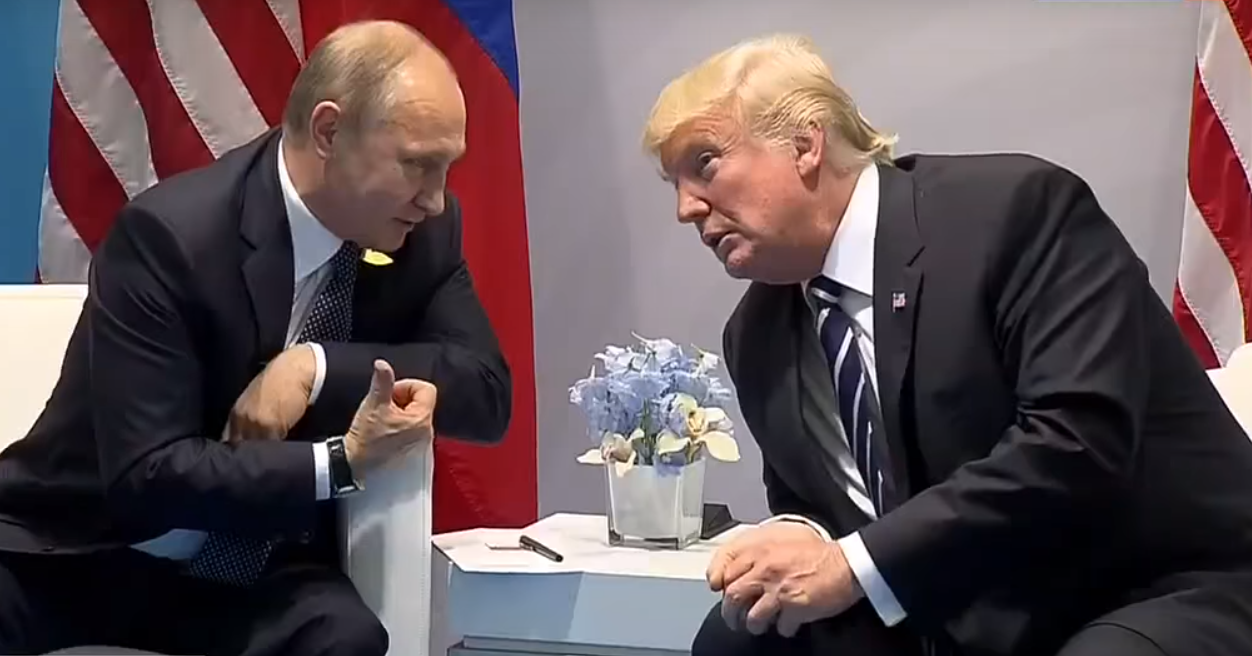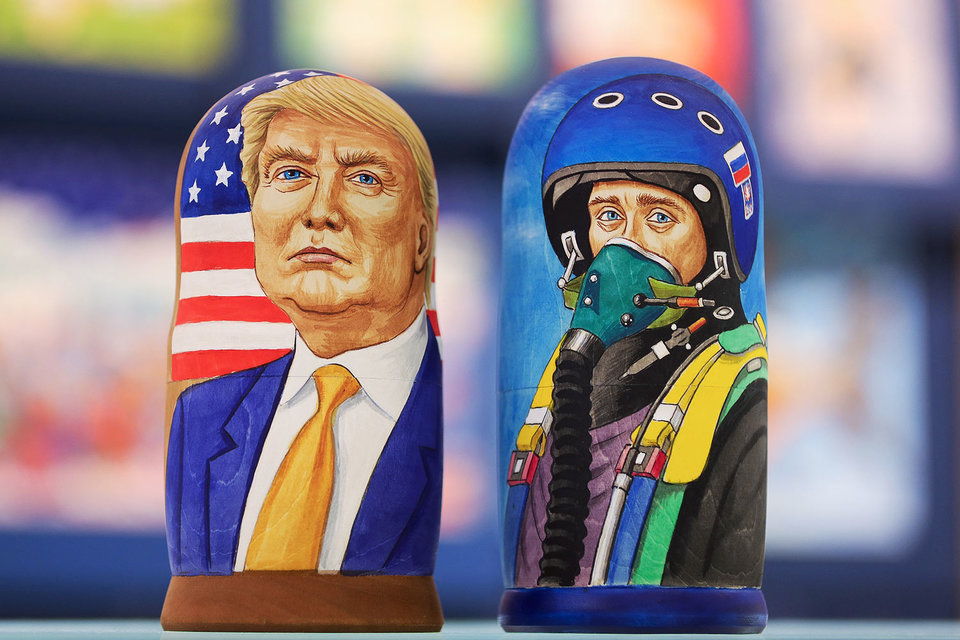President Donald Trump’s assault on globalism, something the Kremlin welcomes as a means of increasing disorder abroad, is going to hurt Russia and its population far harder than many now imagine and far more quickly now that Moscow’s reserves are running out, according to two Moscow analysts.
The first, Pavel Pryanikov, the founder of the Tolkovatel portal, says he can understand why many Americans oppose globalization because they have the domestic institutions and resources to cope with its demise but that he can’t understand Russian support for it because Russia will suffer as a result.
The US has strong engineering schools and research centers, he points out, and it will not be difficult for America to rebuild on its own territory the factories now in China or South Korea that are producing for its market. There may be some rise in prices, but given the size and strength of the American economy, the US will take them in stride.
But the situation in Russia is very different: It lacks the domestic institutions and financial capabilities the Americans have, Pryanikov says; and that means that it will face serious increases in the prices of imported goods without the capacity to substitute domestic production of them.
Consequently, he continues,
That conclusion is supported by the following fact: currently, Americans invest 70 billion US dollars in venture projects each year, while Russia makes only 400 to 500 million in this sector. That is the US invests 150 times more than Russia does, and that should tell Russians and perhaps even the Kremlin all they need to know about what the end of globalization would mean.
And in a commentary on the Republic.ru portal, Oleg Buklemishev the director for the Moscow State University Center for Economic Policy, explains why the impact of an end of globalization on Russia will not only be serious but that it will come far sooner than many now expect.
The economist points out that
And that in turn means that any short-term shock to the Russian economy as a whole from changes in the international one is something that the Kremlin can no longer compensate for, as it has in recent years, by turning to reserves. These no longer exist, and so shocks from abroad will more quickly translate into shocks at home.
Related:
- Why did Putin say Russia's prostitutes were 'best in the world' and other neglected Russian stories
- Three signs Russian military and its political bosses are in trouble
- Ten new and discouraging statistics perfectly capture Putin's Russia
- Ten pieces of bad economic news from Russia in last 24 hours alone
- Russians back secession of California from US, Russian-linked leader of Calexit says
- Putin has infected Russia with a disease he can't cure or control, Yakovenko says
- Putin creating 'an Anti-Globalist International' in Europe, Pastukhov says




![A "Pussy for Putin": In 2010, 17-year old Alisa Kharcheva in a group with other 11 students and would-be students of Moscow State University starred in an erotic calendar for Putin's 58th birthday as Miss April. In 2012, Kharcheva posted these photographs with a cat and Putin portraits in a personal blog post entitled "Pussy for Putin." Then she sent a formal notice to Putin’s office and posted her phone number on her LiveJournal entry just in case. “Until Vladimir Vladimirovich decides to pick up his [birthday] gift, the kitty will live with me,” she wrote. According to Reuters, in 2015, a business associate of Arkady Rotenberg, a close friend of Putin, transferred into her possession an apartment in a smart gated complex in a desirable part of Moscow. She was 23 at the time. (Image: Alisa Kharcheva)](https://euromaidanpress.com/wp-content/uploads/2017/01/Kharcheva_0411.jpg)


